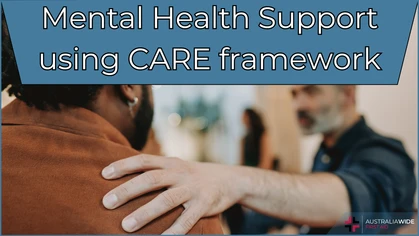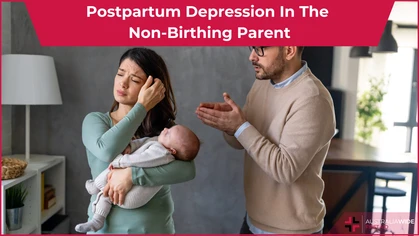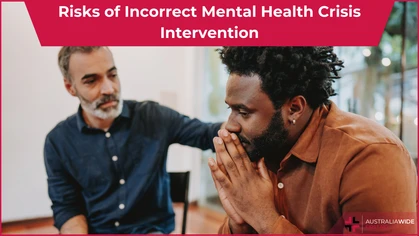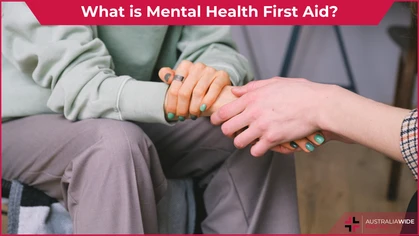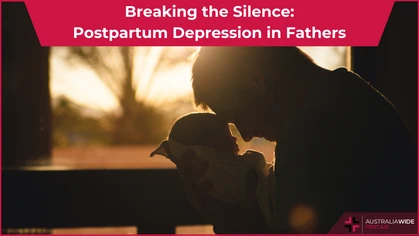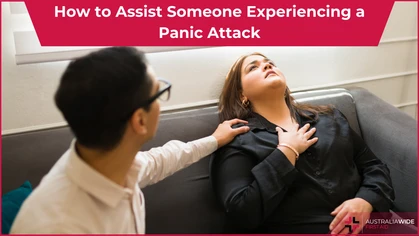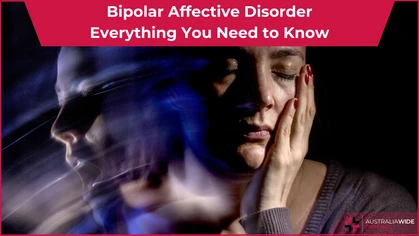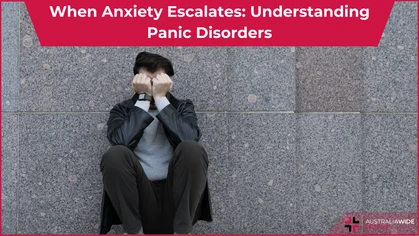How to access mental health care plans in Australia

Mental Health
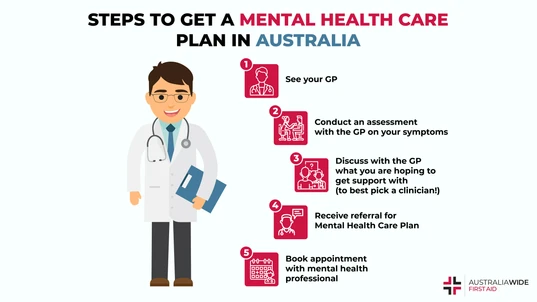
A mental health care plan is a document that outlines the treatment and support a person will receive to manage their mental health issues. It is important to know how to access mental health care plans, as they can help you reclaim your sense of wellbeing.
Mental health care plans are important for people suffering from mental illness. They provide a way to get treatment and support, and can help people recover from their illness. There are many ways to access mental health care plans in Australia, and this article will provide some information on how to do so.What is a mental health care plan?
A mental health care plan is a document that outlines the treatment and support a person with a mental illness will receive from Mental Health Services. The plan is developed by a GP, psychiatrist or another mental health professional, in consultation with the person with the mental illness, and takes into account their individual needs and circumstances. Mental health care plans can be used to access a range of services, including counselling, psychological therapies, medication and support groups.How to get a mental health care plan
The first step in getting a mental health care plan is to see your GP. Your GP will ask about your symptoms and how they are impacting on your life. They will also carry out some tests to rule out other causes of your symptoms. If your GP believes you have a mental illness, they will refer you to a mental health professional for an assessment. This assessment will be used to diagnose your illness and develop a treatment plan. If you have a private health insurance policy, you may be able to access some Mental Health Services through your insurer. However, it is important to remember that not all Mental Health Services are covered by private health insurance. There are also a number of free and low-cost Mental Health Services available in Australia. These services are often provided by non-profit organisations, community health centres or state-run Mental Health Services.Eligible Mental Health Conditions
Mental health care plans can be used to treat a range of mental illnesses, including anxiety, depression, bipolar disorder and schizophrenia. If you are experiencing symptoms of a mental illness, it is important to see your GP so they can assess your condition and refer you to the appropriate Mental Health Service.Assessment Process
When you go to see your GP, they will ask about your symptoms and how they are impacting on your life. They will also carry out some tests to rule out other causes of your symptoms. If your GP believes you have a mental illness, they will refer you to a mental health professional for an assessment. This assessment will be used to diagnose your illness and develop a treatment plan.What types of services can I access under a mental health care plan?
Mental health care plans can be used to access a range of services, including counselling, psychological therapies, medication and support groups. The type of service you receive will be based on your individual needs and circumstances. Some people with a mental illness may only need to see a counsellor or psychologist for a few sessions, while others may require long-term treatment. Medication may also be prescribed for some people with a mental illness, and this will be monitored by your GP or psychiatrist.Choosing Your Clinician
Psychologists
Psychologists offer talking therapy and can help with a range of mental health conditions. Psychologists are able to conduct further assessments and have clinical knowledge of mental illness and how to respond to these. Psychologists will determine the diagnosis you have and target responses to this.Counsellor
Counsellors also offer talking therapy and can help with a range of mental health conditions. Counsellors are not able to conduct further assessments but may have personal experience with mental illness which can be beneficial for some people. Counsellors may consider the diagnosis that has brought you to them and then explicitly respond to this.Social Workers
Social workers offer talking therapy and can help with a range of mental health conditions. Social workers are also able to provide practical support, such as help with housing or benefits. Social workers operate in a holistic manner, considering all elements that are impacting on the situation.Occupational Therapists
Occupational therapists offer talking therapy and can help with a range of mental health conditions. Occupational therapists are also able to provide practical support, such as help with returning to work or education. Occupational therapists are focused on getting you back to where you want to be to live your life to the fullest.Expiry of Mental Health Care Plans
Mental health care plans are usually valid for 12 months, after which they can be reviewed and renewed if necessary. The amount of sessions or treatments you can receive under a mental health care plan is often capped, so it is important to use your sessions before they expire. If your mental health care plan expires, you will need to see your GP to have it renewed. If you do not renew your mental health care plan, you may still be able to access some Mental Health Services, but you may have to pay for them yourself. Mental health care plans are important for people suffering from mental illness. They provide a way to get treatment and support, and can help people recover from their illness. There are many ways to access mental health care plans in Australia, and this article has provided some information on how to do so. If you are experiencing symptoms of a mental illness, it is important to see your GP so they can assess your condition and refer you to the appropriate Mental Health Service. Mental health care plans can be an important tool in managing mental illness, and there are many ways to access them in Australia. If you are concerned about your mental health, speak to your GP who can provide further information and support.Recommended Resources
If you want to develop the confidence and know-how to assist someone in a health crisis, book a First Aid course with us today. And to learn more about preventing, identifying, and managing the symptoms of mental health issues, check out the following articles in our Resource Library:Mental Health Support
Education bridges the gap between misunderstanding and empathy in mental health. When we lack proper education, stigmas thrive, and those in need may suffer in silence. Just as we prioritise physical health, mental health deserves equal attention. Learning to spot the warning signs of mental health challenges early can lead to timely intervention, often preventing crises that could have severe consequences. A Mental Health Support Course empowers you to recognise and respond effectively to those who may be experiencing difficulties, offering them the care they need to recover.Providing Mental Health Support in real time
Helping someone who may be struggling with their mental health is a delicate task. Our fully-online Mental Health Support course is available to give you the knowledge and tools you need to be able to assist someone who is experiencing poor mental health or is in a crisis. Completed from the comfort of your own home, earn your Certificate of Completion to give to your employer, put on your resume, or simply move forward with the knowledge that you can lend actual help to those who may need it.
Originally published at
https://www.australiawidefirstaid.com.au/resources/mental-health-care-plan
as part of the Australia Wide First Aid Articles Library

